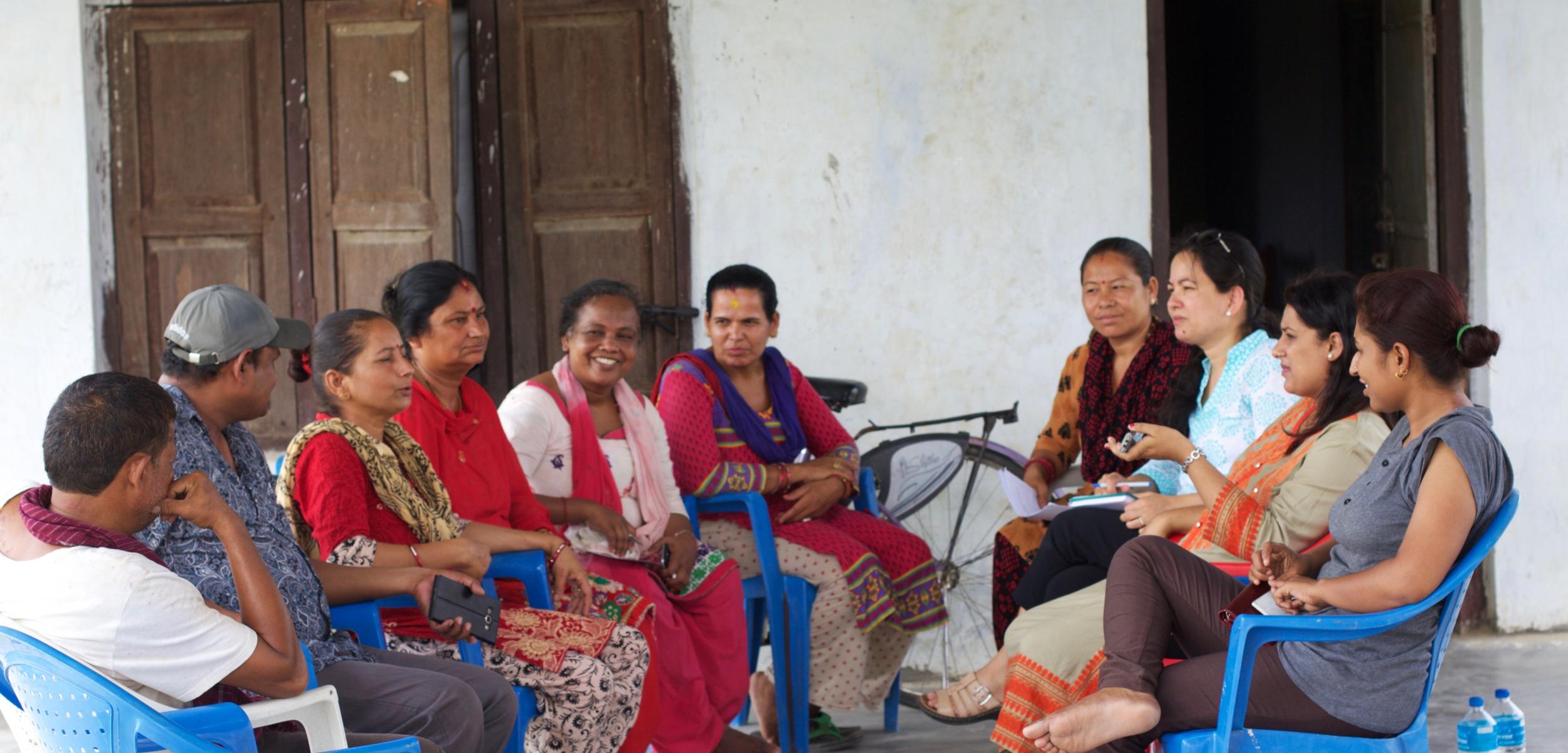We implement research-based programs that work through action-oriented research, leveraging existing knowledge bases, and developing evidence to influence policy.
Generating Evidence to Influence Policy and Practice
AgReach works at the intersection of development theory and practice by conducting action-oriented research that provides evidence to inform development programming and policy. Using innovative and rigorous approaches, we generate and widely share evidence including white papers, technical notes, presentations, and peer-reviewed journals and books to reach the broadest audience possible. Learning generated by AgReach has proven to stimulate agricultural development and achieve real-world impact.
Leveraging Existing Knowledge Bases
Based at a US land grant university, AgReach is uniquely positioned to access top-tier and cutting-edge research and technologies from experts in areas as diverse as production agriculture, human nutrition, gender studies, and information-communication technologies. We also build upon the knowledge, learning, and evidence developed and aggregated under past global and country-level projects and our vast network of partners to implement programming that is innovative, cross-cutting, and impactful.
Snapshot
Randomized Controlled Trials for Improved Evaluation and Adaptive Management in Extension
The MEAS project implemented a Randomized Control Trial (RCT) to evaluate the impact of Grameen’s Community Knowledge Worker (CKW) in Uganda with the Grameen Foundation. The evaluation produced data that allowed establishing causal relationships between this extension approach and key outcomes of interest such as food security and access to agricultural information and was conducted in 12 communities of the East African Dairy Development dairy hubs. Based on the RCT’s preliminary result and the lack of statistically significant impacts, the CKW program made several reforms including working with group of farmers instead of single-farmer consultations and adopting a programmatic focus on several key value chains and crops. These reforms reflect the importance of using research methods that rigorously evaluate extension methodologies and allow decision-makers make informed decisions.




